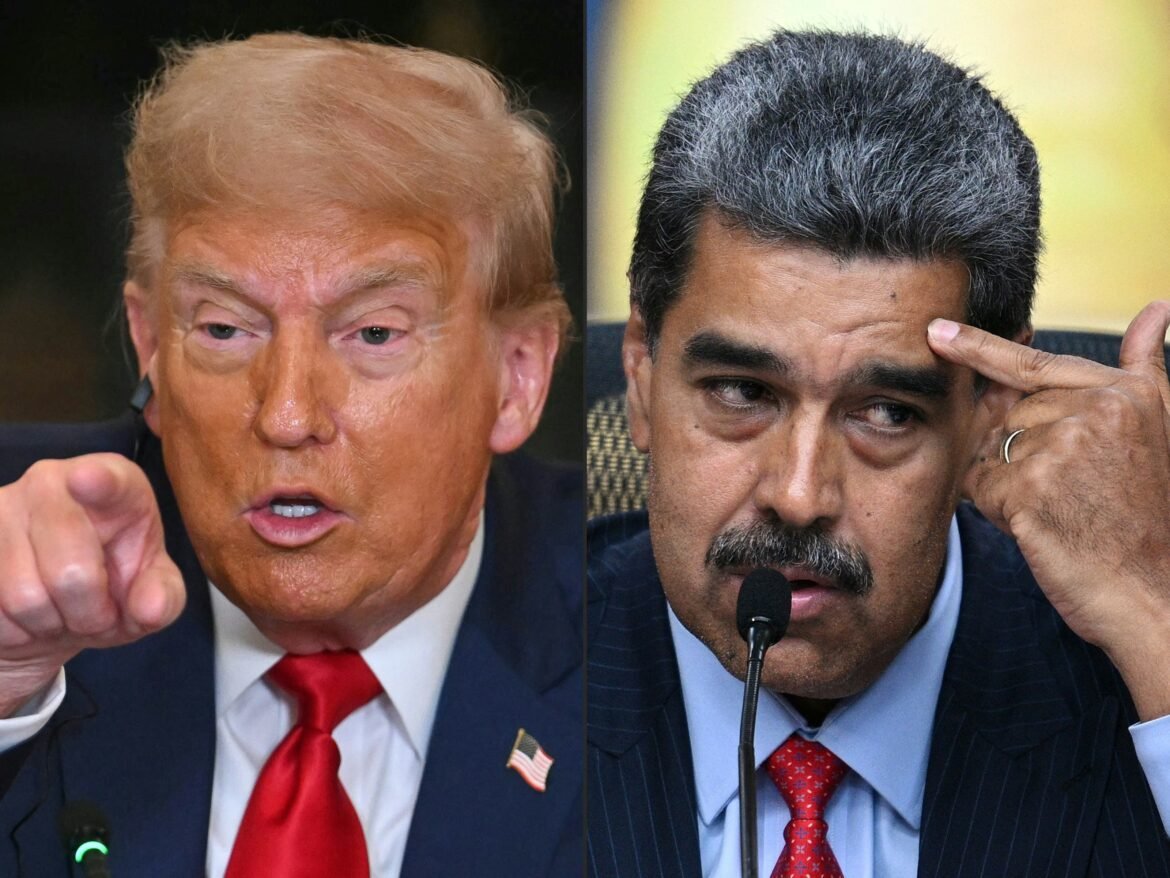Trump’s action in Venezuela could be catastrophic, says expert Between back and forth, the war of nerves promoted by the USA and directed at Venezuela has already sunk 18 vessels, killed at least 65 people, all described by the White House as narco-terrorists, and promoted the displacement of 20% of American military ships to the Caribbean. Donald Trump’s pressure on yet another venture against Nicolás Maduro has an important and well-known backdrop — the participation of the Venezuelan opposition, this time led by Maria Corina Machado. ✅ Follow the g1 international news channel on WhatsApp The Trump administration gives contradictory signals about the objective of the siege on Venezuela and is reluctant to say whether the outcome of this campaign will result in attacks on targets inside Venezuela or in regime change in the Caribbean country. The president assesses the risks of an American military operation, which, if it fails, would be costly to his government’s image. But, for this year’s Nobel Peace Prize winner, there seems to be no doubt about Maduro’s departure, as she assured this week in her video participation at a business conference in Miami, which the American president also attended. “Maduro started this war, and President Trump will end it”, he bets. Image shows US President Donald Trump (L), in Washington, DC, on July 9, 2025, and Venezuelan President Nicolás Maduro (R), in Caracas, on July 31, 2024. AFP/Jim Watson In his first term, Trump experienced the failed experience of endorsing the then opposition leader Juan Guaidó as interim president of Venezuela, in an affront to Maduro. Supported by the military leadership, the dictator remained in power, which he has held for 12 years, since the death of Hugo Chávez. Back at the White House, the American president invests in a new campaign to intimidate him, positioning a powerful military fleet in the Caribbean supposedly to combat drug trafficking. In part, he calms the electoral base of his Maga movement and of Latinos exiled by dictatorial regimes in Latin America, whose Secretary of State, Marco Rubio, is one of his enthusiasts. The majority of Americans, however, would oppose an American military invasion of Venezuela, revealed a recent survey carried out by YouGov: only 30% said they supported military attacks against Venezuelan vessels and land targets — a figure seven points lower than in the last survey, in September. INFOGRAPHIC: how the US is surrounding Venezuela in an operation that threatens Maduro In a closed-door meeting this week with American parliamentarians, Secretary Rubio and the head of the Pentagon, Pete Hegseth, assured that the US does not plan to launch attacks inside Venezuela. They also admitted that they had no legal justification for this, as revealed by participants of the meeting to the broadcaster “CNN Internacional”. Still, the Republican-controlled Senate sent a message of support to the president, rejecting on Thursday a bipartisan resolution that would require congressional approval for any military action by President Trump against Venezuela. Hours after the vote, Hegseth announced another attack on an alleged drug trafficker boat in the Caribbean. Russia promises to defend Venezuela’s sovereignty On the other side, devastated by the internal collapse, the result of a questioned new mandate, Maduro mobilized paramilitaries, intensified the repression of opponents and asked Russia for help to face the external crisis with the USA. In the opinion of political analyst Benigno Alarcón, this is a turning point for Venezuela and maintaining the status quo has become the least sustainable path. In an article published on the “El Nacional” website, the specialist in public management, conflict and negotiation observes that the central tension lies in a self-destructive strategic paradox: the Chavista regime depends on external military pressure to generate the internal cohesion that allows it to survive. “The deep desire for change among the majority of the population is faced with an entrenched regime and a scenario of limited intervention, which, although it may accelerate a resolution, is fraught with dangers. Any path to resolving the Venezuelan crisis will inevitably be complex and high risk, but possible and necessary”, ponders the analyst.
Source link
Trump sends contradictory signals to the war of nerves with Maduro
27

